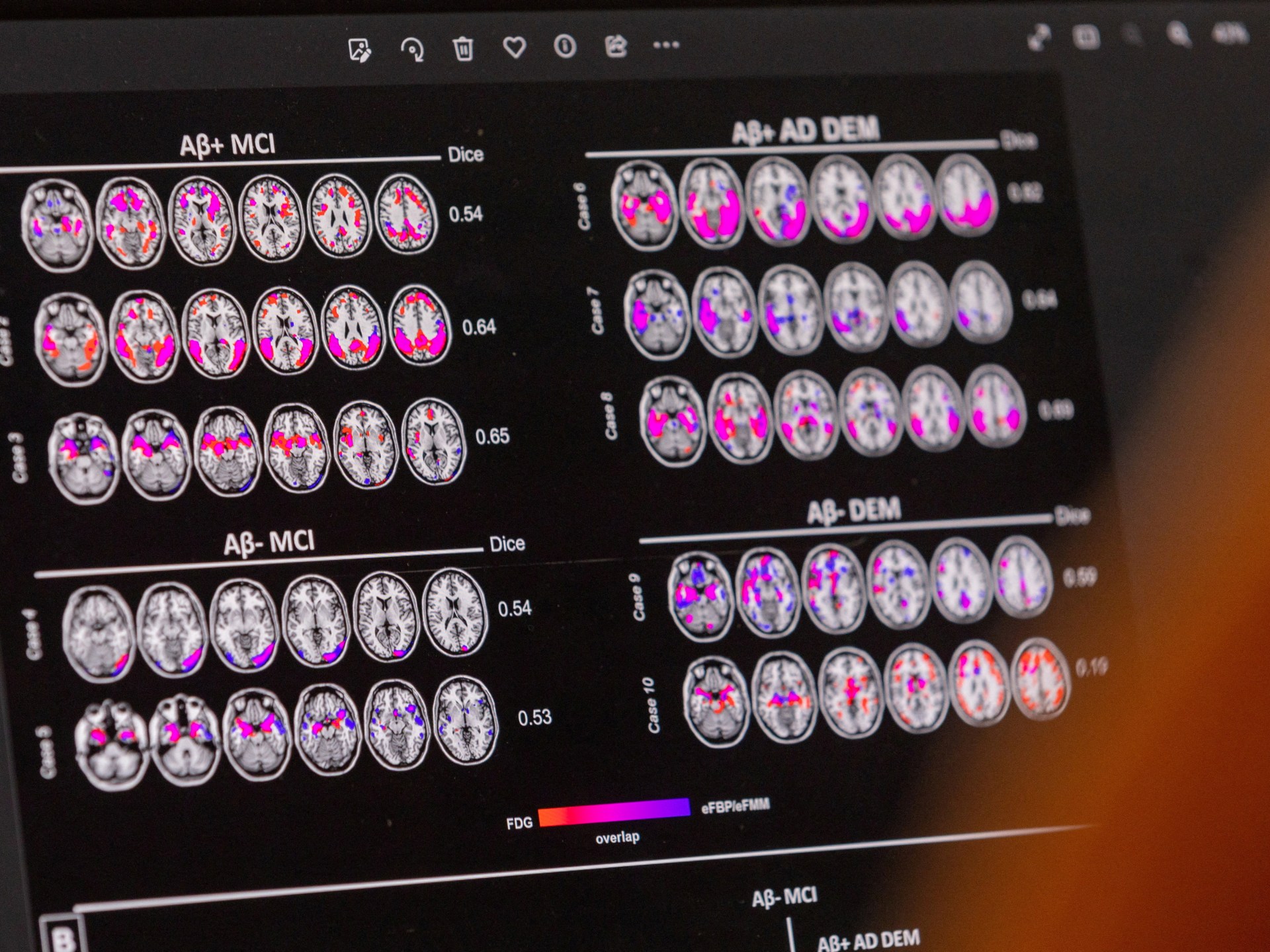A new drug has been hailed as a “breakthrough” after it was found to slow the progression of Alzheimer’s disease by 60 percent if started when patients are in the earliest stages of the brain-wasting disease, according to a new study.
The drug, donanemab, has been shown to slow progression of memory and thinking problems by about a third, but that rate doubles to 60 percent if the drug is started when patients are only mildly impaired, according to new trial data presented by Eli Lilly on Monday at the Alzheimer’s Association International Conference in Amsterdam.
The full analysis presented by the American pharmaceutical company showed results were less robust for older, later-stage patients as well as those with higher levels of a protein called tau, which has been linked to Alzheimer’s disease progression.
The findings underscored that “earlier detection and diagnosis can really change the trajectory of this disease”, Anne White, president of neuroscience at Eli Lilly, told the Reuters news agency.
The drug consists of injecting donanemab, an intravenous antibody designed to remove deposits of a protein called beta amyloid from the brains of Alzheimer’s patients.
Donanemab’s treatment effect continued to increase relative to placebos over the course of the 18-month trial, even for participants who had been taken off the drug after their levels of amyloid deposits fell significantly.
Post from www.aljazeera.com



















